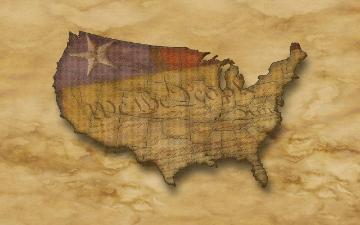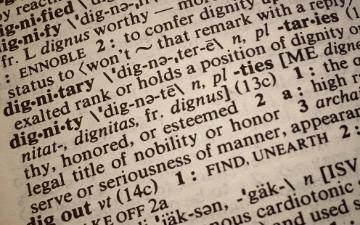Analysis and commentary on applied ethics in many fields by the staff of the Markkula Center for Applied Ethics
Technologies can change the medium by which people experience personal leadership, but they shouldn’t be allowed to erase the personal connections so important to the human race.
Governments must ensure that representative democracy is preserved through the responsible use of AI by the citizens’ representatives.
By prioritizing empathy, mutual respect, and ethical behavior, we can build virtual communities that reflect the best of humanity and honor everyone's dignity.
A uniquely digital dignity requires that we extend the moral and legal protections afforded to physical bodies to include non-physical digital layers.
AI, like a young child raised on the sum of our culture, picks up on the patterns we don’t even realize we’re teaching.
By prioritizing empathy, mutual respect, and ethical behavior, we can build virtual communities that reflect the best of humanity and honor everyone's dignity.
- Seeing God and the Scared in All Things May be Compromised without Thoughtful Consideration and Vigilance
There is an upside and a downside to technological inventions and advances like AI and it often takes some time and experience with them to fully appreciate both the good and the bad that each one of them unleashes.
In the pursuit of optimization of email using AI, something is lost: the human connection that makes communication meaningful.
We should not allow AI to become our parent, unable to make our own choices, forever trapped in an immature state, while the “automated adults” of AI take care of all the grown-up work.
Human dignity is taken to mean the inherent and equal worth of all humans in a moral-political sense.
- More pages:










